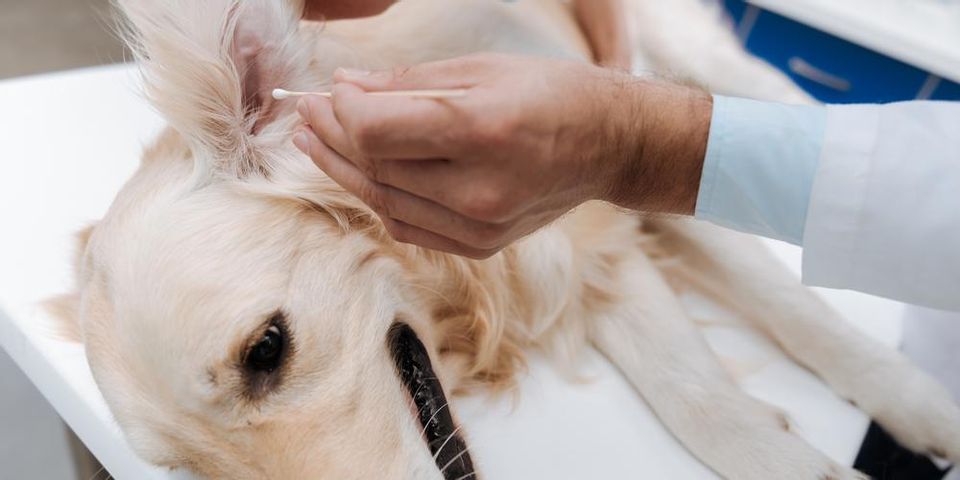A Columbia Veterinarian Shares 3 Tips for Cleaning Your Dog’s Ears

Many pet owners make a point to educate themselves and practice healthy grooming habits for their dog at home. However, the ears often get neglected, both because they can be difficult to clean and because owners aren’t aware of how to do it properly. The staff at Cat & Dog Hospital of Columbia in Maryland advise that with some safety and practice, it’s much easier than you may think and want to share several veterinarian-approved tips to help. These will ensure your dog doesn’t get any ear infections or related problems.
3 Tips for Cleaning Your Dog’s Ears
1. Let Your Dog Explore the Tools
Most dogs will be apprehensive about having their ears cleaned. It’s important that you get the tools your veterinarian recommends and that your dog is comfortable. Before beginning, let them smell the cotton balls, gloves, gauze, and ear rinse. As they feel more familiar, they’ll seem less intimidating, and your dog will be more willing to let you use them on him or her.
2. Be Patient & Positive
 It can take time for your dog to comply, so be patient. If you begin to reprimand them, they’ll see it as a negative experience going forward. Start slow and use treats to reinforce good behavior. Your dog will establish positive associations with the experience, and you’ll also work more safely.
It can take time for your dog to comply, so be patient. If you begin to reprimand them, they’ll see it as a negative experience going forward. Start slow and use treats to reinforce good behavior. Your dog will establish positive associations with the experience, and you’ll also work more safely.
3. Learn the Right Techniques
Dogs’ ears are extremely sensitive, and the wrong cleaning techniques can cause serious harm. It’s important to follow the best practices, so speak with your veterinarian about how to clean them. If possible, ask them to give a demonstration and never go beyond your comfort zone if you feel you may be hurting your dog.
If you need assistance with grooming or health care, turn to a veterinarian at Cat & Dog Hospital of Columbia. They offer comprehensive pet care services, as well as pet adoptions, and are committed to keeping pets happy and healthy. Call (410) 995-6880 today to schedule an appointment and visit their website and Facebook page to learn more about their practice.
About the Business
(14 reviews)
Have a question? Ask the experts!
Send your question

